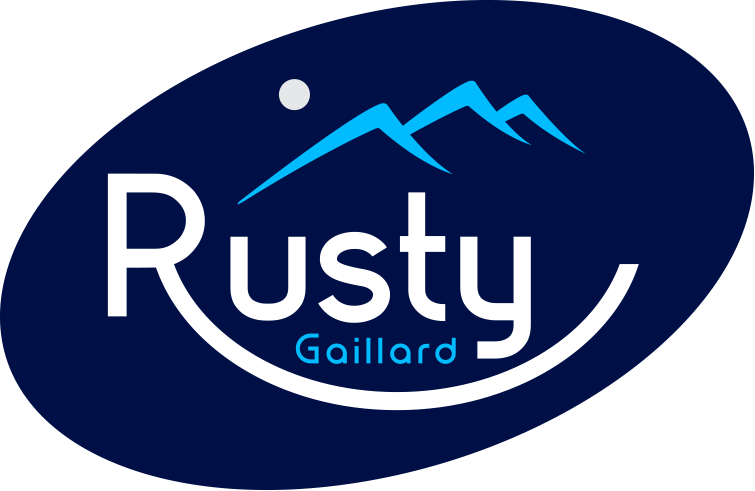Quantifying The Benefits Of Executive Coaching
Is executive coaching worth the investment? Can you quantify the benefits of executive coaching?
For those who have worked with a high caliber coach, the answer is a resounding yes. But for those who have never experienced a strong coaching relationship, the lack of a hard ROI can be a roadblock.
Few people have successfully quantified the tangible benefits of executive coaching for both personal and organizational growth. As someone who built a career at Apple based on strong quantitative skills before becoming an executive leadership coach, I never lost sight of my desire to quantify the transformative power of my work.
My clients have been promoted, sold projects to big name clients, raised capital, and taken over multi-million dollar organizations. Yet even those accomplishments are not easily tied to the financial performance of the company. Fortunately, the impact of executive coaching has been quantified.
FINANCIAL BENEFITS OF EXECUTIVE COACHING
There is significant financial value from coaching, as measured by several large scale studies.
American University cites:
70% increase in individual performance (goal attainment, communication, satisfaction)
50% increase in team performance (communication, collaboration, work performance)
48% increase in organization performance (revenue, retention, customers as advocates)
The Manchester Review finds ROI between 4x and 7x on the financial investment in coaching.
HBR reveals that those companies in the S&P that invest heavily in people outperform the S&P by 17% to 35%.
A QUANTIFIED APPROACH
At a macro level, the evidence clearly supports the financial return from coaching. But you want to make sure you capture that full value.
When engaging a coach, take the time to clarify your goals — both individually and for the organization. Some questions to consider for the individual:
Is there a blind spot or problem area that needs to be addressed?
Is a new skill required as your role expands?
Are you being asked to take a position outside your area of past expertise?
Do you need to expand your capacity as a leader?
In any of those situations, consider connecting individual growth to quantified business results. Here are some ways that the growth of key members on the leadership team can impact the company:
Financial performance (sales, revenue, profitability, margin)
Operational performance (production goals, service levels)
Team and company OKRs
Employee engagement
Employee retention
Customer sat / net promoter score
MEASURE AND SHARE THE BENEFITS OF EXECUTIVE COACHING
Once you have mapped out specific metrics to track the benefits of executive coaching, both for the individual and the company, collect the data. The best results come from measuring performance before, during, and after the coaching engagement.
Share the results with all key players. Transparency for all involved is the best way to ensure the coaching is delivering the return you want and expect.
CASE STUDY
When I began working with Charlie*, he was leading a small team as a front-line manager. His company hired me because they saw his high potential. Within a year, Charlie had been promoted twice and led the entire professional services group.
During the next year, I worked with Charlie to step into the new role as the leader of the group. He changed his calendar, giving up recurring client meetings in favor of strategic reviews. He rebuilt the team, replacing several members and coaching / mentoring others. With a stronger team, he empowered them to service clients without daily oversight, giving him more time and energy to devote to business development. He built a pipeline of new clients, signing several new customers, including their biggest client to date.
These actions resulted in a year-over-year revenue growth of 25% during an economic downturn. During the same time period, headcount was reduced by over 20%, resulting in a net revenue/employee increase of 60%.
These financials wins resulted in an ROI of over 45x on the cost of coaching.
NEXT STEPS
A good coach enables you to scale your company faster, more predictably, and bigger. This happens because you make better and faster decisions, increase your personal productively, are more effective leading the team, and are better able to resolve conflict.
If you are considering a coach, tie the leadership goals to the company’s financial goals so everyone’s incentives are aligned.
ROI can be quantified. To explore how to measure the return on investment for coaching in your company, setup a complimentary discovery call.

